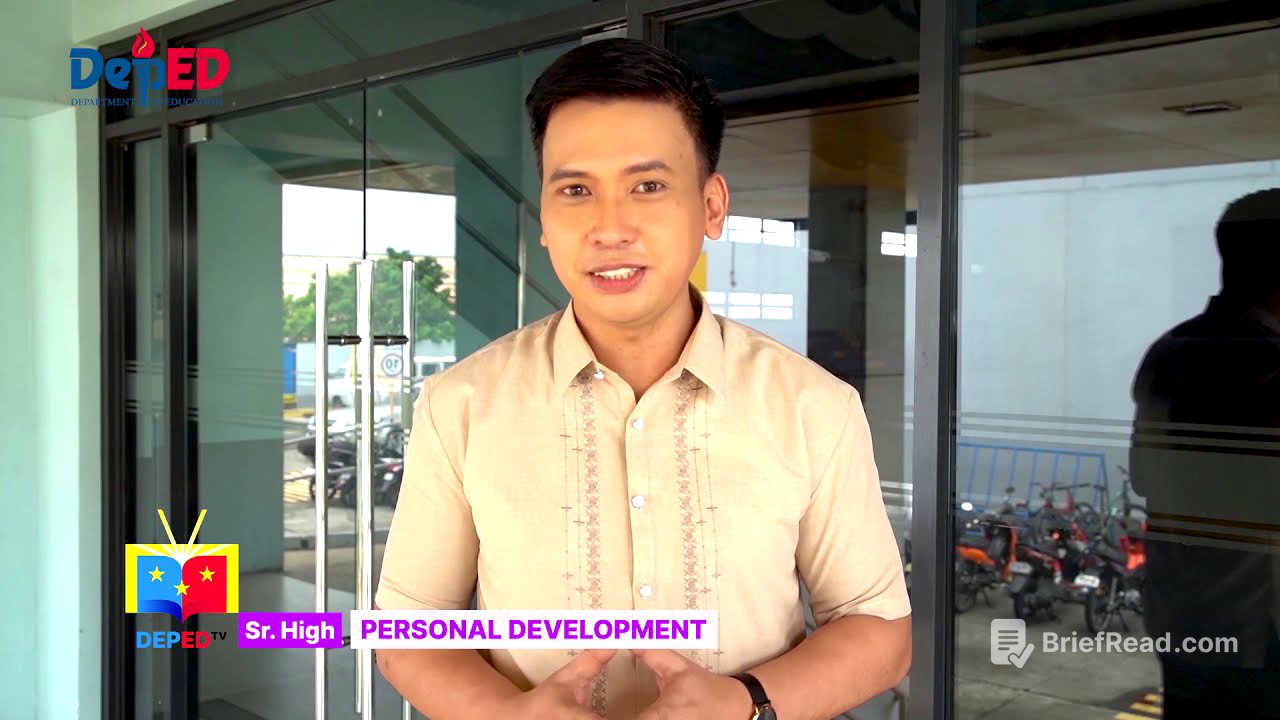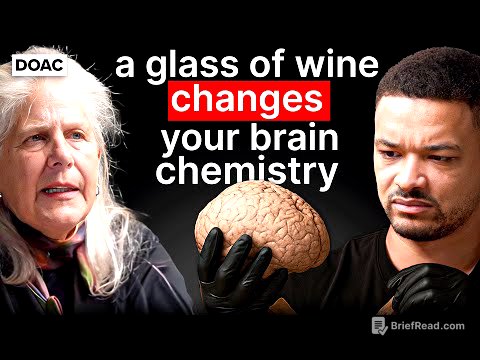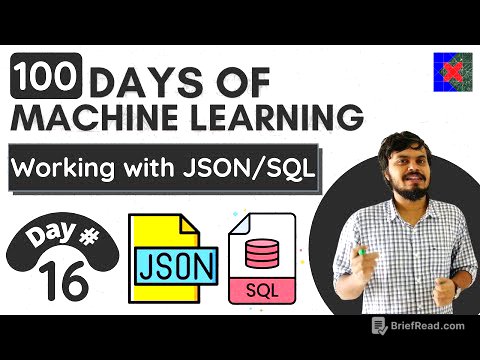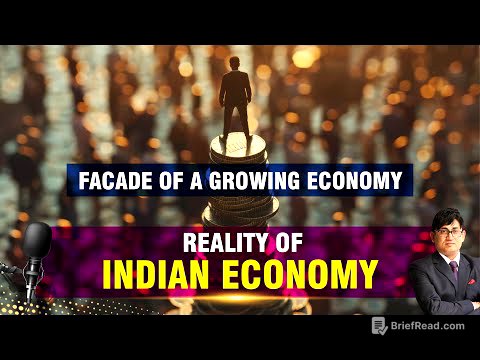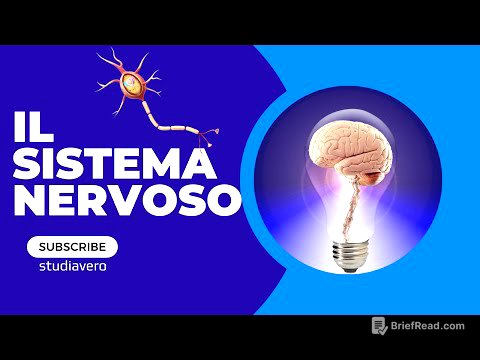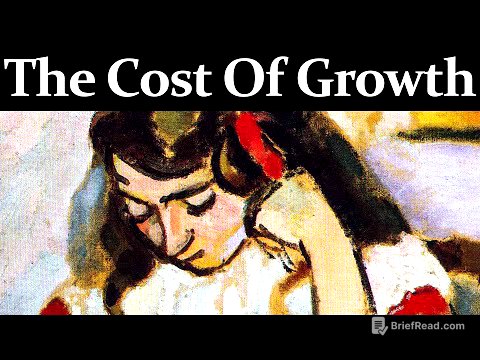TLDR;
This video by DepEd TV focuses on personal development for teenagers, guiding them to understand themselves and their potential. It explores holistic development, covering physical, cognitive, psychosocial, and spiritual aspects, and emphasizes the interconnectedness of thoughts, feelings, and behaviors. The video aims to empower viewers to become more positive, confident, and self-motivated individuals.
- Holistic development includes physical, cognitive, psychosocial, and spiritual aspects.
- Thoughts, feelings, and behaviors are interconnected and influence each other.
- Self-assessment and understanding one's emotions are crucial for personal growth.
Introduction [2:43]
Teacher Mark introduces the show as a guide for teenagers to become more aware of themselves and the people around them. The aim is to help viewers in their journey of personal empowerment, encouraging them to be positive, confident, and self-motivated. The show commits to helping viewers achieve their goals by recognizing their limitless potentials.
Holistic Development [3:59]
The episode explores various aspects of holistic development and illustrates the connections between thoughts, feelings, and behaviors. Being whole as a person requires responsible decision-making regarding how we think, feel, and act.
Physical Development [4:11]
Physical development involves more than just the physical changes during adolescence, such as hair growth and changes in body shape. It also includes maintaining a healthy lifestyle through nutritious food intake, adequate rest (8-10 hours of sleep for teenagers), and regular exercise. These practices contribute to overall health and well-being, especially during a pandemic.
Cognitive Development [5:52]
Cognitive development refers to the growth of a person's ability to think and create reasoning. Examples of cognitive growth in teenagers include more complex thinking processes, questioning and analyzing situations, forming a personal code of ethics, developing one's identity, thinking about future goals, making career decisions, and becoming more involved in politics and social issues.
Psychosocial Development [7:16]
Psychosocial development, a combination of psychology and social factors, refers to the stages of human life affected by environmental influences. According to Erik Erikson, each stage involves a conflict that serves as a turning point. During adolescence, a key conflict is identity versus role confusion, which is essential for developing a sense of personal identity that influences behavior throughout life. Personal identity is shaped by experiences and interactions with others, guiding actions, beliefs, and behaviors.
Spiritual Development [8:49]
The spiritual aspect involves finding one's purpose and connecting with oneself and the world. Exercising spirituality can include faith, prayer, meditation, or spending time in nature. Spirituality can improve health, reduce depression and stress, and foster positive feelings. Practices to explore spirituality include paying attention to feelings, meditating, practicing gratitude, focusing on others, and practicing mindfulness.
Responsibility in Developing Personality [11:00]
The video emphasizes that individuals are responsible for developing their personalities. It encourages viewers to adopt a mindset of self-improvement and personal responsibility, rather than blaming others. The better one becomes, the better they attract in life.
Connections Between Thoughts, Emotions, and Behaviors [11:50]
Thoughts, emotions, and behaviors are interconnected. Thoughts are impressions activated by stimuli, emotions give life to thoughts, and behaviors are bodily reactions based on feelings. The video uses an example of classmates laughing to illustrate how different interpretations can lead to different emotional and behavioral responses.
Understanding Thoughts, Emotions, and Behavior [12:55]
Thoughts are impressions activated by a stimulus, emotions give life to thoughts, and behaviors are bodily reactions based on feelings. The video explains that when emotions are too strong, they can occupy thoughts, limiting the ability to analyze situations. It illustrates how feelings of sadness or happiness can lead to different thoughts and behaviors.
Tracking Thoughts, Feelings, and Behaviors [14:23]
Tracking thoughts, feelings, and behaviors is essential for making sound decisions. The video provides an example of feeling lonely when friends watch a movie without inviting you, and how this can lead to negative thoughts, feelings, and behaviors. It recommends writing these down in a journal to assess oneself and avoid making bad decisions.
Changing Thoughts and Expressing Feelings [15:49]
It's important to assess thoughts and beliefs to check if they are accurate and align with reality. The video advises against overgeneralizations and encourages changing thoughts to accept reality. Expressing feelings is important, but it should be done responsibly. Tips for controlling anger include counting to ten, taking a breather, walking around, relaxing muscles, and repeating a mantra.
Self-Assessment and Personality Development [17:26]
Self-assessment is crucial for making informed decisions. Personality is a product of genetic responses and environmental influences, shaped by the people around us, culture, and social interactions. Personality development is a complex administration of thoughts, feelings, emotions, and behavior that influences personal judgment.
Conclusion [19:44]
The video concludes with a quote from Mahatma Gandhi, emphasizing the importance of positive thoughts, words, behavior, habits, and values in shaping one's destiny. It encourages viewers to invest in themselves and their complete development to be a blessing to others.
